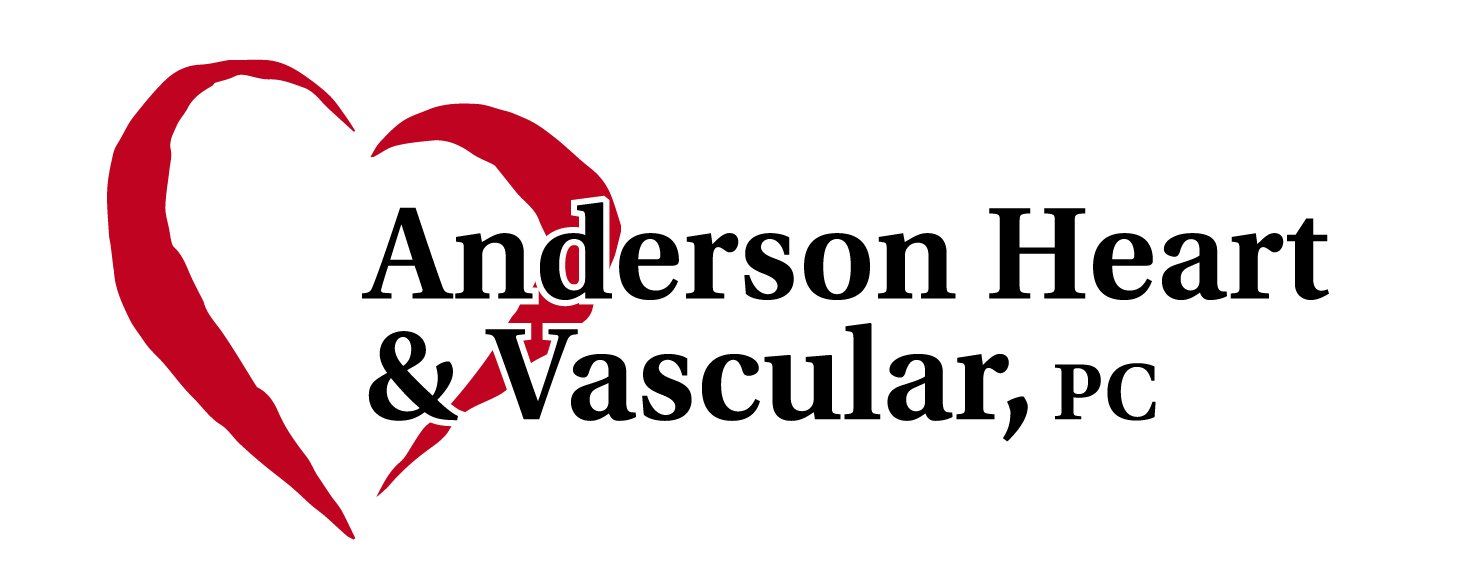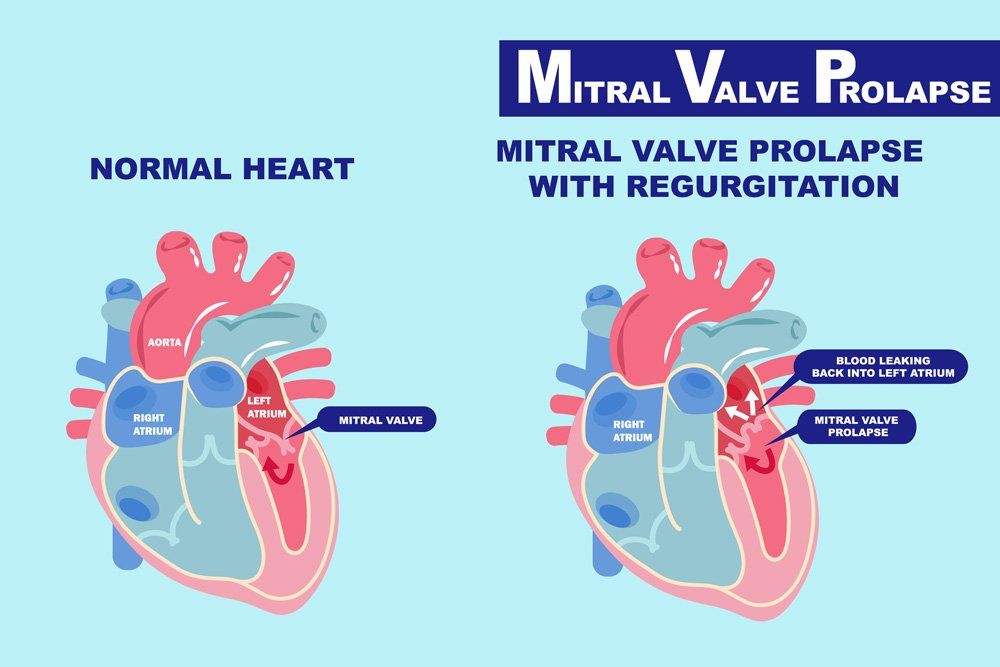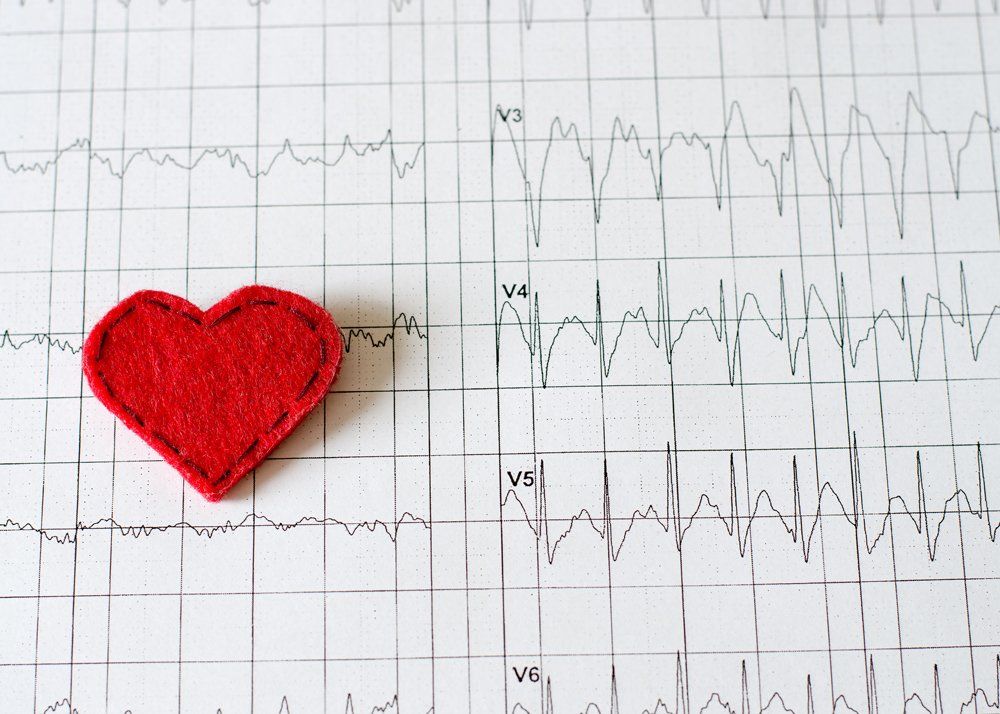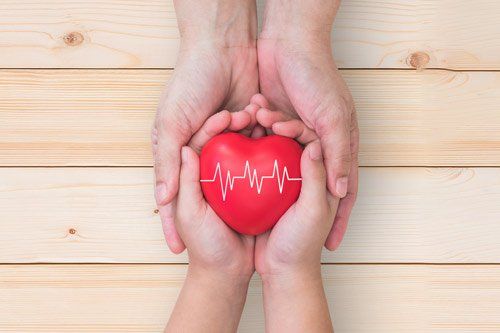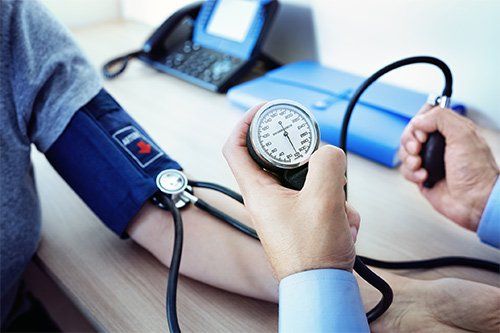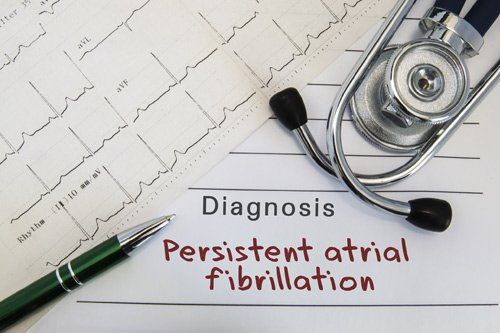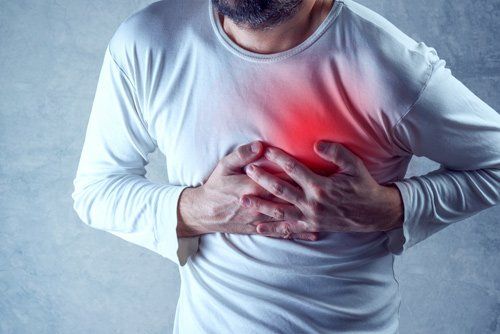Call 864-261-7474
Today
To schedule an Appointment
Blog Post
Nuclear Stress Tests: A Guide for Patients
- By Admin
- •
- 08 Jun, 2018
- •
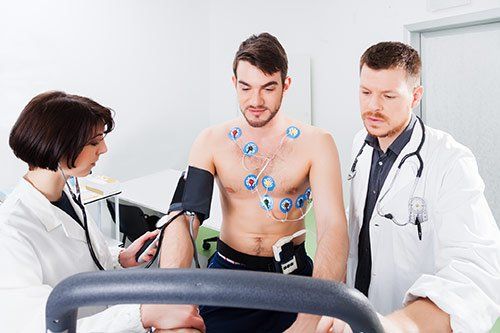
If your doctor suspects that you have heart disease, a blockage, or circulatory issues relative to the heart, they may recommend that you have a nuclear stress test. A nuclear stress test is not like the usual echo stress test, which uses ultrasounds to monitor the blood flow through the heart before and after stress. The nuclear test gives a much more defined look at heart functions.
Learning that your doctor wants you to have a nuclear stress test can be scary, but it is a perfectly safe and non-invasive procedure that will give the cardiologist a closer look so they can best recommend treatment options. Take a look at some of the more common questions and concerns regarding nuclear stress tests so you will be prepared for the procedure.
What Is a Radioisotope and Why Is It Used During the Test?
One of the reasons the nuclear stress test is so effective is that a radioisotope is used to create a contrasting appearance to your blood so it is easier to view during the procedure. A radioisotope is a type of chemical element that has an unstable nucleus and emits radiation during its decay to a stable form.
Because the radioisotope emits slight enough radiation to create a different appearance and color than the rest of the organs, it is often used in medical treatments and procedures involving testing blood flow or organ function. Just before the procedure begins, a very small amount of radioisotope will be given to you intravenously so it will circulate with your bloodstream.
What Are the Advantages of a Nuclear Stress Test?
A nuclear stress test gives your doctor an in-depth look at how your heart functions, and it is considered one of the more valuable types of tests a doctor can run on your heart. One of the greater advantages of a nuclear stress test is that your doctor is able to see if there is anything wrong, but they will also see the severity of the problem, which isn't always possible with other cardio tests.
Some of the other advantages of nuclear stress tests include:
- The doctor may be able to spot an issue before it develops
- The doctor is able to give an accurate prognosis
- The doctor sees a more accurate reflection of heart function overall
If you already have a history of cardiovascular disease, the nuclear stress test works better than a traditional electrocardiogram stress test because the doctor will be able to decipher the difference between old and new heart damage.
How Should You Prepare for Your Nuclear Stress Test?
Your doctor will go over with you the specifics of what to do to prepare for your nuclear stress test, but there are a few general guidelines to follow. First, dress in comfortable, non-constricting clothing and good walking shoes. You should not have caffeine for 24 hours before the test since caffeine can change the beat rate of your heart and affect the test's accuracy.
You should not take any prescription medications, vitamins, over-the-counter medications, or herbal supplements before the test unless your doctor tells you that you must do so. Also, don’t eat anything heavy less than four hours before your scheduled test because even having a full stomach can change how your heart functions during the procedure.
Overall, a nuclear stress test is a highly advanced medical procedure that can provide invaluable insight for your cardiologist so they can help you by properly diagnosing cardiovascular issues. If you would like to know more about a nuclear stress test, contact us at Anderson Heart PC for more information.
Share
Tweet
Share
Mail
Business Hours:
- Mon - Fri
- -
- Sat - Sun
- Closed
Share
Tweet
Share
Mail
Share
Tweet
Share
Mail
Content, including images, displayed on this website is protected by copyright laws. Downloading, republication, retransmission or reproduction of content on this website is strictly prohibited. Terms of Use
| Privacy Policy
